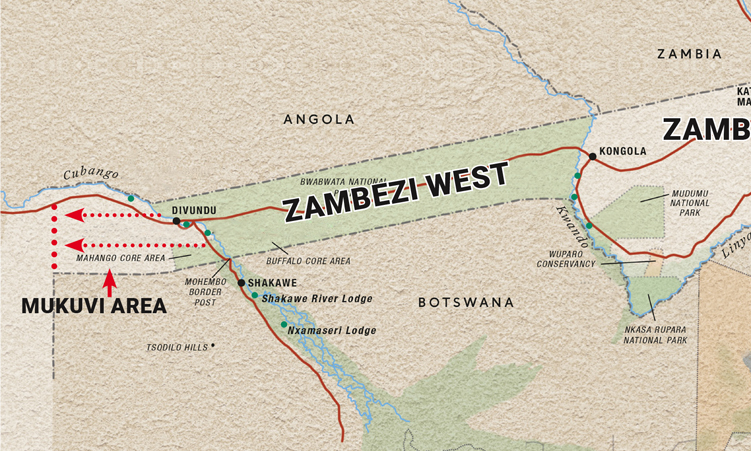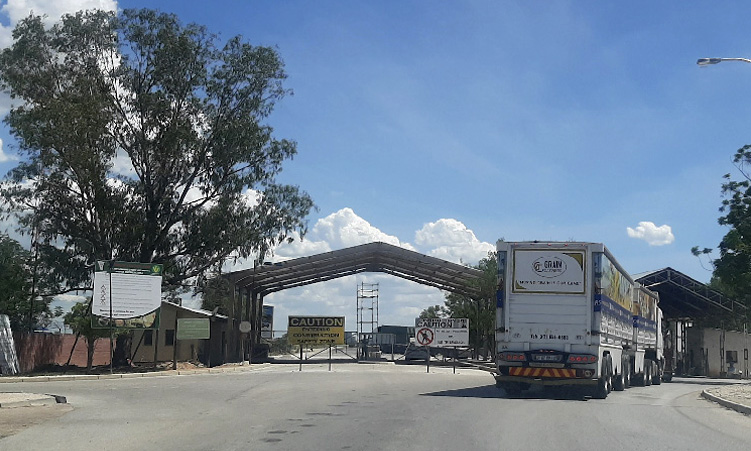Rising costs of essential food items, encompassing products like vegetables, bread, sugar, meat, dairy, and coffee, have ignited a call for the reduction in taxes on these commodities.
The month of July saw an alarming surge in food prices, with vegetables experiencing a staggering uptick of 18,1%, bread and cereals escalating by 13,3%, and fruit prices surging by 13,2%. The cost of fish followed suit, marking a 12,6% rise, while sugar and meat prices climbed by 10,5% and 9,2%, respectively.
Dairy products saw an 8,2% increase, while coffee and tea prices advanced by 6%, according to the latest figures by the Namibia Statistics Agency.
Angelique Bock, an economic researcher at Simonis Storm Securities, underscored the potential efficacy of policy interventions, suggesting that a reduction in the Value Added Tax (VAT) could serve as a viable avenue to mitigate the financial strain burdening consumers. “In terms of policy suggestions, one could consider a reduction in VAT. A decrease in VAT would mitigate the extent to which inflation rates are pushed upward,” Bock said.
She also said the upcoming tax threshold increase should prioritise aiding vulnerable demographics as this would allow them to allocate funds for essential needs like food, rather than using scarce resources for taxes. Bock said that the escalation in prices of vital food commodities can be linked to several factors, including the depreciation of the rand, which has resulted in heightened expenses for importing food from foreign nations. “As a substantial portion of our food originates from South Africa, fluctuations in their food prices have a ripple effect on our own,” Bock said.
She said the imminent El Niño phenomenon, distinguished by its atypical weather patterns, engenders apprehensions regarding inadequate global crop production resulting from insufficient rainfall.
“This scarcity in crop yields subsequently triggers an escalation in food prices due to reduced supply,” Bock said.
The ongoing hostilities between Ukraine and Russia, both significant wheat providers, have disrupted the global wheat market. Bock said constrained wheat exports stemming from this conflict have curtailed supply, consequently propelling prices upward. she said, dairy products, sugar, meat, coffee, and tea encountered minimal inflation rates in the previous year. She said these particular items are essentials that are typically challenging to exclude from a typical monthly spending basket.
“Consumers have already made adjustments to their spending patterns, like dropping short-term insurance plans, to manage their budgets. Additionally, with higher repo rates – the rates at which banks lend to one another – consumers are facing further financial challenges,” Bock said.
Bock expects lower inflation for these items in the coming months. Meanwhile, Arney Tjaronda, a financial analyst at High Economic Intelligence, reiterated that El Niño’s influence poses a threat to the agricultural sector, with farmers being cautioned about potential droughts that could result in food insecurity.
He also highlighted the substantial impact that the performance of South Africa’s agricultural sector could have on Namibia, as South Africa remains the country’s largest trading partner.
Namibia’s headline inflation was 4,5% in July, in contrast to the previous month’s 6,8%.
“Inflation is slowing, but prices are still elevated, and this could continue straining consumer spending patterns in the coming months if the current global events persist,” he said. Regarding policy intervention, Tjaronda said the National Consumer Protection Policy from the trade ministry still has loopholes. “A more robust legal framework, such as an act of parliament, is needed,” Tjaronda said.
Stay informed with The Namibian – your source for credible journalism. Get in-depth reporting and opinions for
only N$85 a month. Invest in journalism, invest in democracy –
Subscribe Now!






